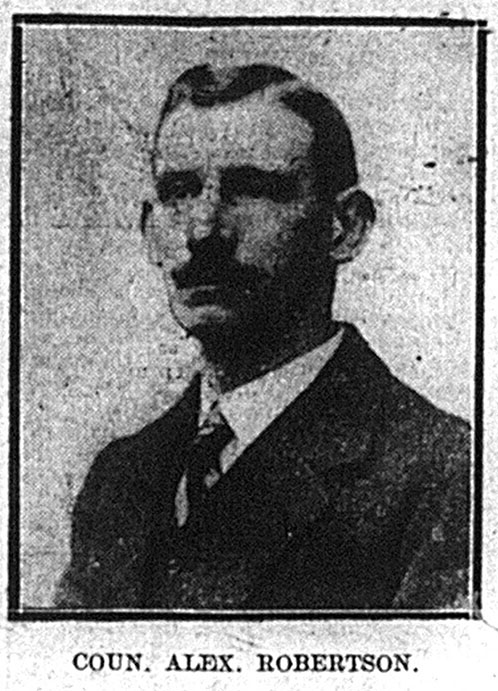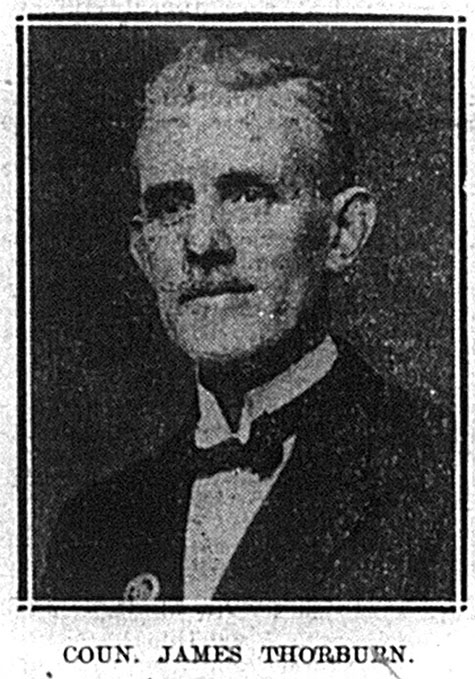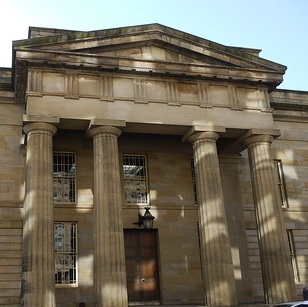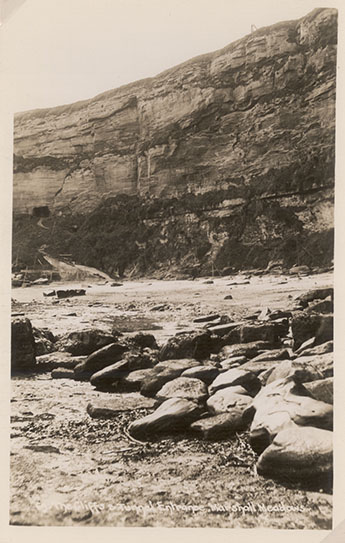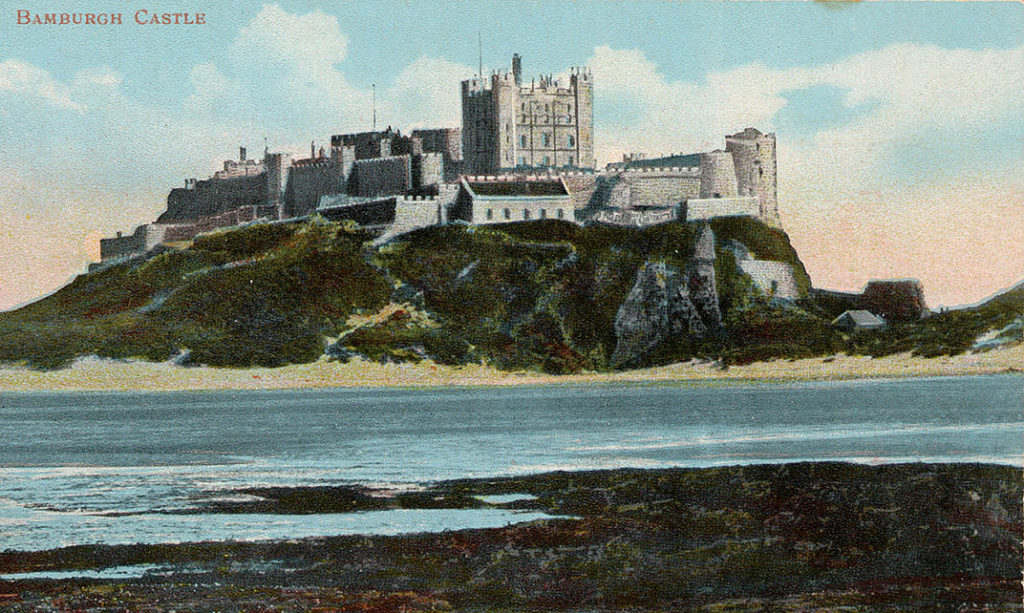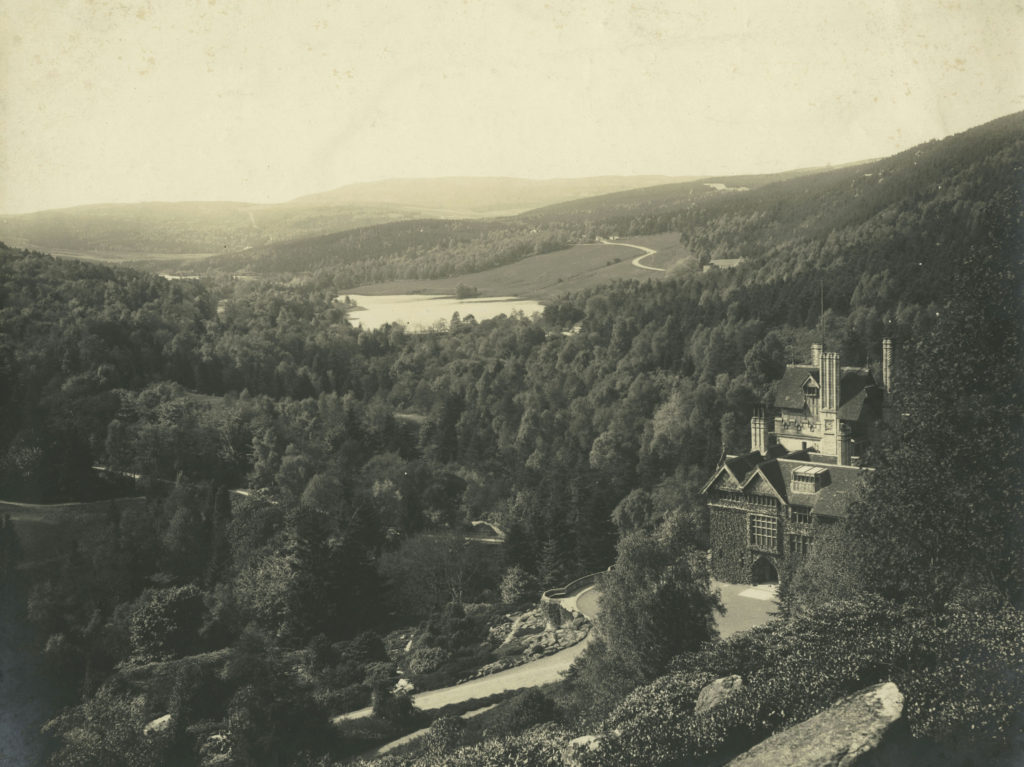NORTH NORTHUMBERLAND COUNTY ALDERMEN RE-ELECTED
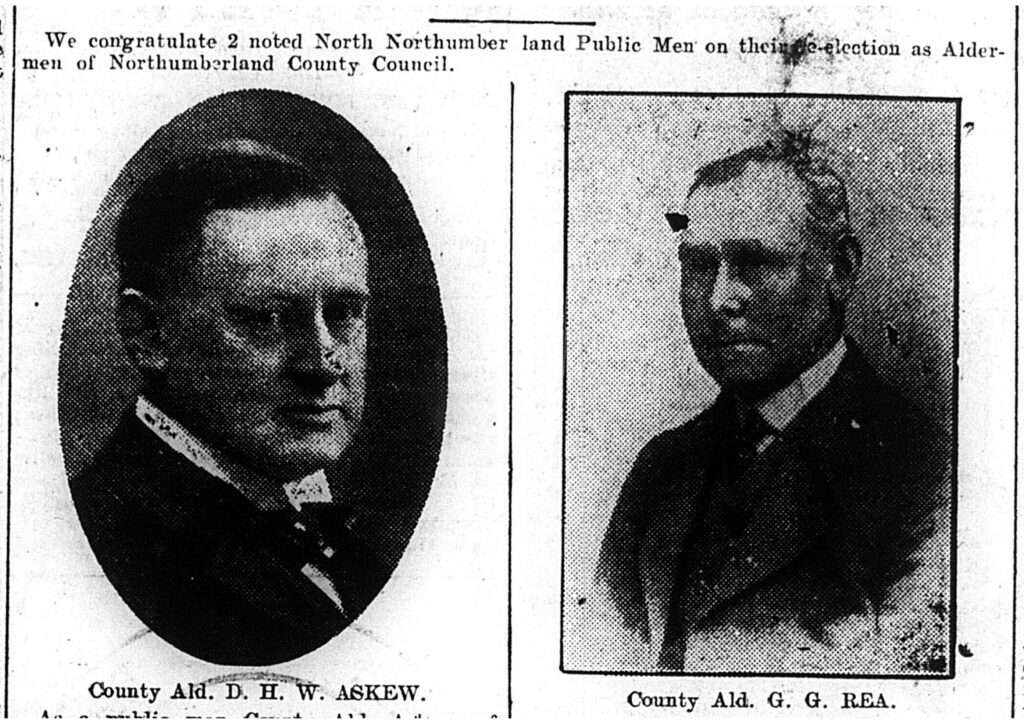
County Ald. D. H. W. ASKEW: As a public man County Ald. Askew, of Castlehills, Berwick, followed in the footsteps of his father, the late Mr Watson Askew Robertson, of Ladykirk and Pallinsburn. Ald. Askew, who was formerly a barrister on the North-Eastern Circuit, represented Berwick on Northumberland County Council prior to his appointment as a County Alderman. He was Sheriff of Berwick 1910-1911; and High Sheriff of Northumberland in 1912-13. He is a J.P. for Berwick and for Northumberland. He is a staunch Churchman and Unionist.
County Ald. G. G. REA: County Ald. Rea, of Doddington, Wooler, is one of the best-known Border agriculturists, and second to none as a Judge at Stock Shows. He takes an active part in public affairs, being in addition to a County Alderman, Chairman of the County Agricultural Committee, a County Magistrate, Chairman of Glendale Rural District Council. He is an active member of Central and Associated Chambers of Commerce and is one of the Northumberland representatives on the Council of the Royal Agricultural Society of England.
BERWICK TOWN COUNCIL
Opening of Askew Houses
- That this Council do hereby, in pursuance of the Honorary Freedom of the Boroughs Act, 1885, confer the Honorary Freedom of the Borough upon David Hugh Watson Askew Esquire of Castlehills, Berwick-upon-Tweed, Justice of the Peace, Town Councillor from 1910 to 1912, Sheriff of the Borough in the year 1910, County Councillor from 1907 to 1912 and County Alderman since 1912, in recognition of the long and eminent services rendered by him to the Borough, for the courteous an kindly interest shown in and assistance given by him to all movements having for heir object the prosperity of the inhabitants of the Borough and the Welfare of the State and for his unfailing generosity to all good causes. And that the said David Hugh Watson Askew be and he is hereby admitted being an Honorary Freeman of the Borough accordingly.
- That this Council do hereby, in pursuance of the Honorary Freedom of the Boroughs Act, 1885, confer the Honorary Freedom of the Borough upon William Haggerston Askew Esquire of Ladykirk in recognition of the public spirit displayed by him towards the amelioration of the social conditions of the people and to mark the close association of his family with the Borough for the long period of nearly 200 years, and the great interest taken by them in the welfare of its inhabitants. And that the said William Haggerston Askew be and he is thereby admitted to be an Honorary Freeman of the Borough accordingly.
- These motions were moved by the Mayor. Ald. Darling seconded – Agreed.
- The Mayor stated that the opening of houses at Tweedmouth, the gift of Mr Askew, would take place on 8th April. After the handing over of the houses by Mr Askew and the formal opening by Earl Grey, there would be a meeting in the guild Hall when the Freedom would be given to the brothers Askew. Special invitations had been sent to the Councillors, their wives and lady friends. Of course, he stated, the public could come to the Guild Hall. He would be very pleased to see a big crowd at Tweedmouth.
- Councillor Adams said it was a great pity that the ceremony had not been arranged for a Saturday so that more people could have got to it.
- The Mayor remarked that the Council had nothing to do with those arrangements. He said that the Sheriff and he would like to see them all turn up to see the gift handed over.
MIDDLE ORD ESTATE SOLD
On Saturday in King’s Arms Hotel Assembly Rooms, Berwick, Mr W. J. Bolam offered for sale by auction the highly attractive freehold residential agricultural and sporting estate known as Middle Ord, situated in the Parish of Tweedmouth, and comprising a charming and conveniently sized residence with garden, pleasure grounds and grass lands, and including Middle Ord Farm, the whole extending to 386 acres or thereabouts, including over 120 acres of the finest old pasture land to be found in Northumberland. There was a large attendance present.
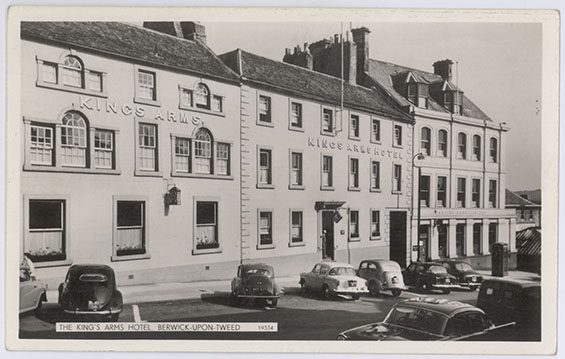
The auctioneer in his opening remarks said he had the privilege to offer for sale the well-known state of Middle Ord, which had been in the occupation of
THE GREY FAMILY
For generations. The district of Tweedside had been in habited by men from earliest history, who knew the value of the land in Tweed valley. Many had realised the wisdom of their foprefathers and there were Tweedside farmers who could trace their families from the earliest period. In the field Lot 8 there had been undoubtedly
A ROMAN CAMP
And anyone keen on excavating would no doubt find antiquities of great value. Other camps had been found and relics including an urn of great value had also been found. In 1781 Middle Ord and West Ord had passed into the hands of John Grey of Heaton from the Trevelyans, and in 1788 Middle Ord passed to Geo. Grey and West Ord to John Grey. The Grey family had been in occupation for 138 years. Middle Ord was situated in excellent surroundings. It was off main road, had plenty of outside accommodation, and there was hunting and sporting facilities. Possession of the mansion house would be given on 5th June. In considering the buying of the estate the letting of the grass parks should be consider. Then the Rating Act should also be considered, for where £100 was previously paid £25 was now paid. It was a situation ideal for a diary. There was a quarry on the estate, where they could get their own stone. In Berwick the produce was over 300 cows per day.
The estate would be offered first and if not sold Lots 1 and 12 would be offered. If they were not sold Lots 1 and 2 would be offered. Then 2 to 12 would be in one lot, and if they were not sold, Lots 2 to 11 would be sold separately.
The estate was first offered, and the first bid was £10,000, and £12,000 was reached by 4 further bids, when the lot was withdraw.
Lot 1, Middle Ord Farm and farm buildings, two cottages together with 250 acres of arable, pasture and woodland, and Lott 12, comprising the mansion house, walled garden, policies, and two cottages, extending to 8.759 acres, were then offered.
The mansion house and premises are in the occupation of Mrs Dixon-Johnson at an annual rental of £100; £725 is the gross rental.
First bid was £5000and at £75000 was knocked down to Mr Robt. Whyte, S.S.C., Leith, acting on behalf of a client.
Lots to 11 were then offered as a whole. Lot 2 consists of an arable field, 4.615 acres, with apportioned rental £11 3s 5d; Lot 3 valuable old pasture field, 394 acres, apportioned rental £9 10s 9d; Lot 4, valuable old pastures field, 5, 793 acres, apportioned rental £14 0s 6d; Lot 5, valuable old pastures field, 13.823 acres, apportioned rental £33 9s 3d; Lot 6, valuable old pasture field and woodland, 20.130 acres, apportioned rental £48 14s 8d; Lot 7, valuable old pasture field, 21.043 acres, apportioned rental £50 18s 10d; Lot 8, valuable old pasture field and woodland, 41.948 acres, apportioned rental £36 3s 9d; Lot 9, valuable old pasture field, 10.830 acres, apportioned rental £26 4s 4d; Lot 10, valuable old pasture field, 11.062 acres apportioned rental, £26 15s 7d; Lot 11, valuable old pasture field and woodland, 21.304 acres, apportioned rental £51 11s 6d.
Lots 2 to 11 are let along with other land to Messrs Scott of Middle Ord Farm. Net rental is £292 with gross rental, £308.
First bid was £4000 and at £4900 the lots were withdrawn.
Lots 2 to 11 were then offered separately.
First bid for Lot 2 was £150, and at £230 was knocked down to Lady Osbourne.
Bidding started at £100 for lot 3, and at £170 was withdrawn.
Lot 4 was withdrawn at £200. Bidding started at £150.
First bid for Lot 5 was £400, and at £510 was withdrawn.
£500 was first bid for Lot 6 and after 8 further bids, was withdrawn at £800.
Bidding for Lot 7 started at £500 and at £630 was withdrawn.
For Lot 8, on which is the old Roman Camp, there were no offers.
There was good bidding for Lot 9, first bid was £300, and at £400 was knocked down to Mr Clark, West Ord.
Lot 10 was also knocked down to Mr Clark, West Ord, the figure being £425. £350 was the first offer.
First offer for Lot 11 was £500, and at £580 was withdrawn.
CAT INN FIELD
Immediately after the sale of Middle Ord, a valuable old pasture field near the Cat Inn, was then offered by Mr Bolam. Area is 4.365 acres and is at present in the occupation of Mr Clark at an annual rental (apportioned) of 312. It was part of the Haggerston Castle Estate, sold in July 1919.
First bid was £100 and after four further bids it was withdrawn at £130.

